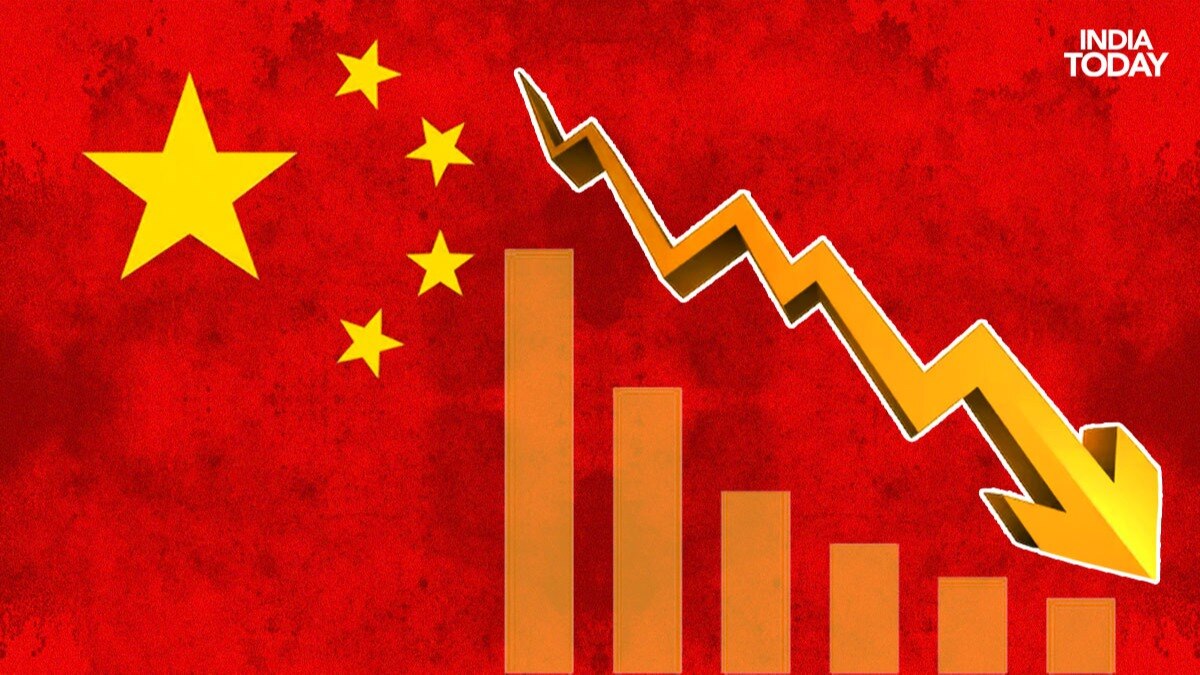
Introduction: China, the world’s second-largest economy, has long been a powerhouse driving global growth. However, recent indicators suggest that the country is facing significant economic challenges, sparking concerns among international leaders and investors. In this article, we will delve into the current state of China’s economy, the factors contributing to its potential collapse, and what it means for both the country and the world.
China’s Economic Journey: Over the past few decades, China has experienced remarkable economic growth, transforming from a struggling nation to an economic superpower. The country’s strategic shift towards a more open economy, coupled with emphasis on domestic manufacturing, propelled it to become the world’s top exporter and second-largest economy. However, recent developments indicate a slowdown in China’s economic momentum.
Challenges Facing China’s Economy: China is currently grappling with various economic challenges that threaten its stability and growth. These challenges include a slowdown in economic growth, rising deflation, sluggish post-pandemic recovery, currency depreciation, declining trade, high unemployment rates, and a struggling real estate sector. These factors have raised concerns about the resilience of China’s economy in the face of mounting pressures.
Real Estate Sector: The real estate sector, which has been a driving force behind China’s economic growth, is facing significant challenges. Stringent borrowing regulations implemented to prevent a housing bubble have left many developers struggling to repay investors. This has led to concerns about a potential liquidity crisis and broader financial repercussions.
Demographic Shift: China’s demographic landscape is also undergoing significant changes, with an aging population and declining workforce. The country’s population growth has slowed, and the working-age population is projected to decrease significantly in the coming decades. This demographic shift poses challenges for economic productivity and social welfare.
Global Implications: The slowdown in China’s economy has far-reaching implications for the global economy. As a major trade partner and manufacturing hub, China’s economic downturn can disrupt global supply chains and commodity markets. It also has geopolitical implications, potentially altering the balance of power in the world.
Future Outlook: While the current economic challenges facing China are significant, the future outlook remains uncertain. While some experts believe that China’s economy could stabilize at a slower pace, others are concerned about the possibility of a major crisis. Ultimately, the trajectory of China’s economy will depend on various factors, including government policies, global economic conditions, and domestic reforms.
Conclusion: China’s economic challenges are complex and multifaceted, with implications that extend beyond its borders. As the world closely monitors China’s economic developments, it remains to be seen how the country will navigate these challenges and chart a path towards sustainable growth.



